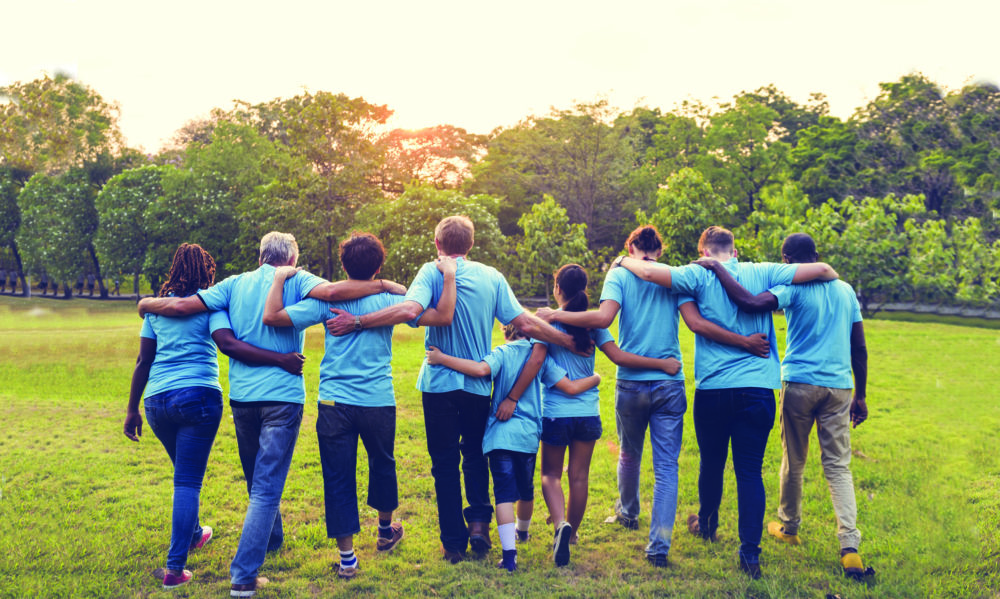
Why Volunteering Matters
Volunteering – or the call to community service – positively impacts the social, cultural, environmental, and economic issues of communities. An altruistic or egalitarian act, it is associated with mutual interests and a collective response to unmet needs of others.
Conversely, volunteering provides an integrated approach to wellbeing for the volunteer, including increased physical health, emotional health, sense of purpose and connection to a community.
Volunteers are not financially motivated, but wish to contribute and connect with others. They often hold an insight and knowledge of what is going on in their community and feel a sense of ownership when engaged in activities to better the community.
As noted in the graph below, American older adult volunteers increased 64% from 1974 to 2005, and dropped by a percentage point between 2005 and 2015 (Dietz & Grimm, Jr., 2016). The estimated economic value of a volunteer’s time in 2018 is $24.69 per hour (Foundation Center, 2018). However, the value of an older adult volunteer cannot be measured in economic terms alone. They also offer flexibility in time commitment, diversity, range of skills, experience, and perspective.
Considering one in five Americans will be 6o years or older in 2030, the value of older adult volunteers cannot be ignored in meeting community needs or development. Katie Kutcher, Aging Program Coordinator at Centralina Area Agency on Aging, noted “With limited funding and increasing demands for services, our volunteers are vital for meeting the needs of older adults in our region.”
Have you considered volunteering? Whether micro-volunteering that requires no-commitment or takes less than 30 minutes to complete, or something once a week, month or season? Find something you genuinely enjoy, utilize skills you have, or try something you have always wanted to do. Every older adult has something to give and it is a win-win situation for the



